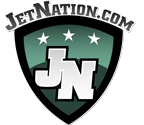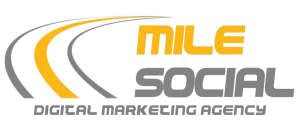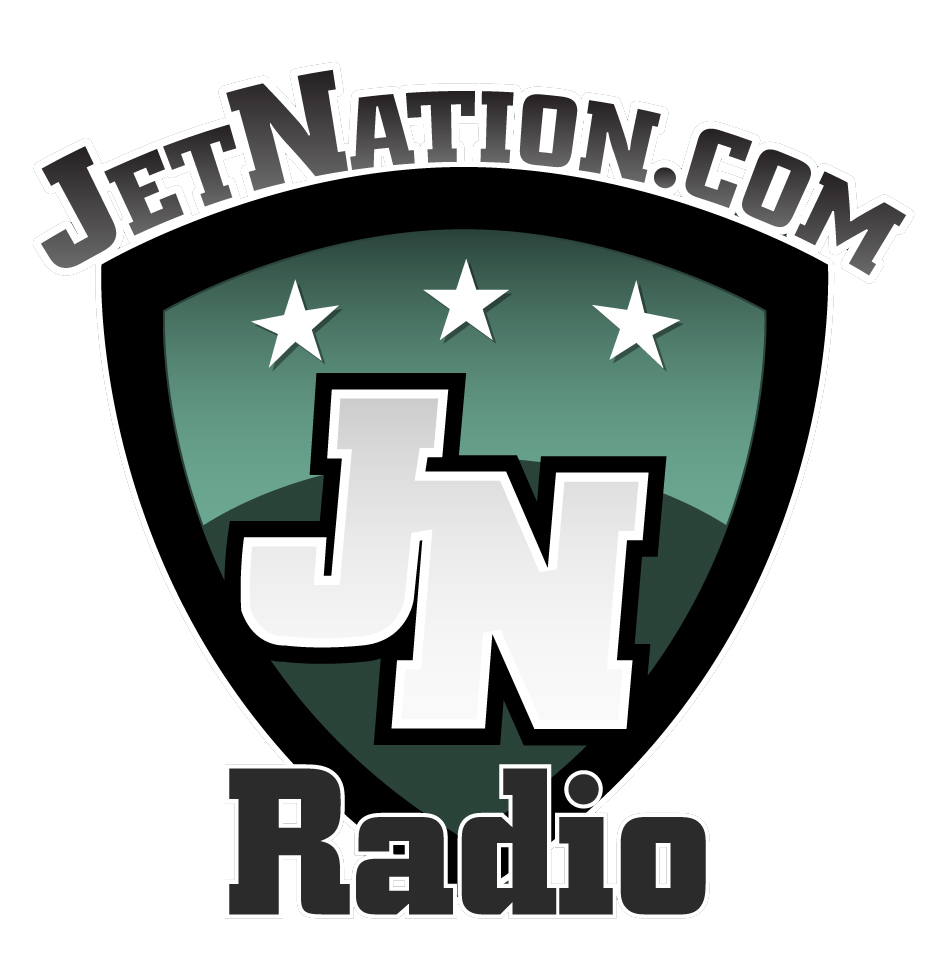In Remembrance of John McNamara
By Tom Shane
(Originally published 8/15/09)
Hey everybody. Last Sunday my cousin John McNamara died at the age of 44 from colon cancer after a three and a half year battle. John was the shining light in our family, a guy who volunteered his life to the service of others: not only did he work tirelessly digging through the rubble at Ground Zero, John also volunteered to go down to New Orleans and help their shattered communities after Hurricane Katrina. To boot, John also spent his free time with the Blue Point Volunteer Fire Department.
You may notice I use the word “volunteer” a lot in reference to John, because that’s the kind of guy he was. He was selfless, giving everything he had for the sole purpose of helping others. Sometimes this claim is made about people who die before their time, about their heroism, but with John it was the God’s honest, no bull**** truth. I have never met or seen a guy like John, and I don’t think I will again. He was that special– that different, that impressive.
I am writing this note because I want anyone who reads this to take a couple minutes out of their day to read about the James Zagroda Bill and to, at least, keep it in their minds when they are voting in coming elections, or if you can, to contact your Congressmen and let them know that you support its passage. With all the talk of Health Care reform and bailouts and all the other government nonsense, the time is now, and the urgency is clear, to make sure smaller, yet important, bills like this don’t get pushed to the side. The Zagroda Bill is designed to help out those families of 9/11 First Responders whose considerable health issues have bankrupt them, taken their homes and taken their lives. It’s not just another Congressional dumping ground for the billions in cash they want to throw around. This is real, this is tangible, and it is necessary. So, in honor of John and his widow Jennifer and their 2 1/2 year-old son Jack, please take a second to read some important stuff.
A YouTube John made last year regarding the challenges of 9/11 victims to get the help they need.
The NY1 coverage, including video.
Here is an obituary written about John by author Sherman Yellen in The Huffington Post, and a few associated links with information on the Zagroda Bill:
A Death In The Family, by Sherman Yellen
This has been a summer for famous people dying.
The iconic anchor man Walter Cronkite and Frank McCourt, the notable Irish American author of Angela’s Ashes, recently left the scene. I write here of another Irish American’s death: my nephew by marriage, John McNamara, called Johnny Mac by his friends, who died yesterday after a three year battle with cancer. And what a battle it was. He fought like a champion to stay alive, enduring every form or medical treatment so as to be there for his two-year-old son Jack and his wife Jennifer. He lost that battle but he left behind a legacy as valuable as that of Cronkite or McCourt: a legacy of helping out in troubled times.
John was a New York City fireman. Plain, but not simple. He worked tirelessly at the cleanup after 9/11, exposing himself to every known and unknown toxin that settled in the air at Ground Zero, toxins undisclosed and misrepresented by our then panicky and disingenuous leaders. It can be truly said that his work there cost him his life. He later rushed to volunteer in New Orleans after Katrina, rescuing people and animals, living in those polluted waters, sending home messages for relief packages for the survivors, and looking for homes for lost dogs. He was that rare creature, an altogether good man who found his deepest pleasure in helping others. Virtue, old fashioned virtue, comes in short supply these days; it is so rare that it is often suspected of being faked, but John had it real and in abundance. He lived by his word. Because John made decency seem so easy one mistook it for simplicity, like watching a great athlete or actor — the effortlessness of true talent. His was a genius for kindness.
When my 92-year-old mother-in-law insisted upon living alone in her apartment, long past the time when that was a good plan, John, during those times when he was off duty from his firehouse work, would often visit with her, play cards with her, take her marketing, walk her dog, and make a lonely old woman feel that she mattered to him. He had a great smile and a natural wit — he called things as he saw them — but he was no plaster saint. He could be irreverently funny and get more than annoyed by what he considered unfairness. When he married my niece Jennifer he even called me Uncle Sherman, much to my bewilderment — adopting me immediately as his family elder although I am anything but avuncular. Best of all for me, he enjoyed and understood my plays and political essays and called me from time to time to discuss them with me. No greater flattery can a writer feel than to be taken seriously by an intelligent guy who listens hard, learns much, and is not afraid to challenge or to be challenged by other folk’s ideas. He had voted for Obama but he kept a sharp eye on Washington, which had more than once betrayed the firefighters.
Later, after his colon cancer appeared, and so many of his fellow first responders began to die of 9/11 related illnesses, he became an activist in the cause of these Ground Zero workers — a voice to be reckoned with who would travel to Washington with such champions of their cause as Congresswoman Caroline Maloney, hoping to make the case for government recognition of their medical needs and their sacrifice.
As I visited John at his backyard family gatherings and later during his many hospital stays, I came to know some of his brothers in the fire department: for brothers they were. These men would drive him from his home on Long Island for treatment for his cancer at Sloan Kettering in Manhattan and wait around for news of his progress, with someone always there to drive him home. They were heroes without hook and ladder. There is something remarkable about that brotherhood born in shared danger but developed in quiet times. It was so much more than the camaraderie of beer and football, both of which John enjoyed: it was plain old- fashioned brotherly love. Corny? Sure. True? Absolutely.
My sons Nick and Chris and my daughter-in-law Lise loved John as someone who “got it.” Someone with a life force in him, with a spirit of fun wedded to an underlying decency that made his company welcomed everywhere. Aware that he did not have long to live, he asked my son Nick to make sure that Nick’s four-year-old daughter Vivian grew close to Jack, for to John, family was everything. He could be sympathetic without prying; your problem was not viewed as an opportunity to show his feelings but a chance to offer you simple comfort. John had a rough sweetness, he was a man without artifice — he spoke his mind freely but always with complete candor and generosity. He could be irreverent, sometimes outrageous, but never cruel. My niece Jen will have a hard time in the days to come, as will his son Jack, who will find it hard to understand why his father is no longer a presence in his life. But those firemen and their wives will be there for them, as well as their many family friends. Time does not heal everything, often it heals nothing, but it does dull the pain, and it helps to know that we are not alone in the world with our grief. John’s last days were difficult ones for him and for his wife. Jen showed extraordinary courage, clinging to whatever hope was offered by his doctors, until hope was no longer a possibility. Medical complications piled up on his frail body, the dreaded sepsis and pneumonia arrived to prevent him from taking the necessary life saving chemo, but he continued to fight on even as there was little left to fight with. Finally, with Jen holding his hand, John slipped out of his life into our memories.
Our government, who has spread its largesse to saving our banks and auto manufacturers, is still refusing to compensate the workers at Ground Zero who became sick in the cleanup and aftermath, still challenging their claims. As our understanding of the environmental catastrophe of that tragedy deepens that may well change. Jen will struggle to make a life as a single working mother; her young son Jack, who grew so close to his father during his years of illness at home will feel a great void in his life; Jen’s mother and father, Jack’s grand-parents, John’s sisters and brothers, and his buddies from the firehouse will be there for his family. And I will so miss this guy who had the nerve to call me uncle. One can say of John what can be said of few men: he has left the world richer for having been in it and poorer for having left it. Trust me, John McNamara mattered as much as any of those men and women who get the big obits in the New York Times. His son Jack, being so young, may not easily recall his father in the years to come. So I’ve written this for you, Jack.
You need to know that your Dad was a good and caring man who dedicated his life to helping others, the best that any one of us can hope to be.
http://www.huffingtonpost.com/sherman-yellen/a-death-in-the-family_b_255072.html
This is a foundation that John co-founded to help fellow Firefighters in need, The NYC Firefighter Brotherhood Foundation:
http://www.nycfirefighterfoundation.org/
Here is a good informational website discussing the Zagroda Bill, with the details, costs and benefits, along with a quick interface to support (or not support) this bill.:
http://www.opencongress.org/bill/111-h847/show
Here’s a good advocacy website discussing the health effects of 9/11 with some startling facts about how the toxic cloud on 9/11 still effects the downtown area today.
Videos
News and Notes from First Two Days of Jets Training Camp









